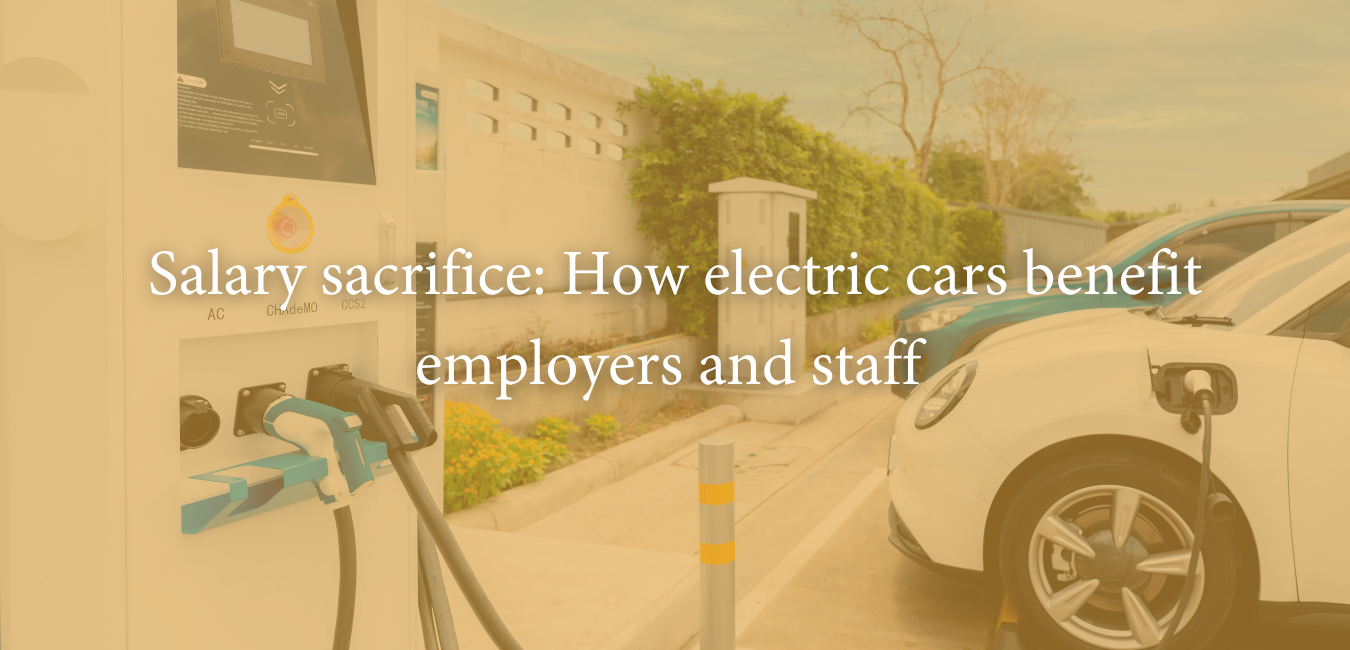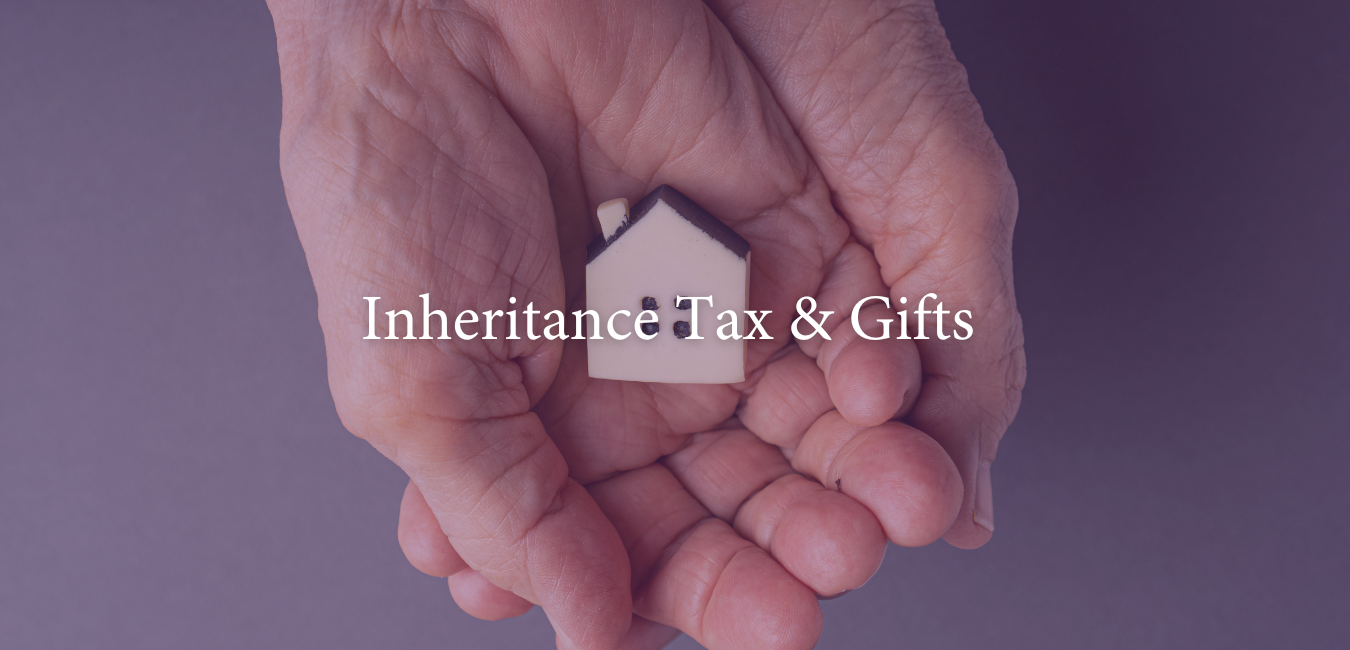How To Claim Tax Relief On Your Garden Office
The tax consequences of garden offices and whether they may be purchased through a limited company are two issues that many individuals are asking these days. It's no surprise, given the surge in popularity of garden offices, which is likely to be attributed to the ever-increasing number of people who must work from home.
Garden offices are a fantastic option for individuals who want to work but also have some personal space. Whether it's for work/life balance or separate rooms to meet with customers professionally, or simply somewhere to avoid being disturbed, garden offices are an appealing option. When it comes to accounting costs through your small firm, there are several different tax issues to consider.
Structures & Buildings Allowance
The Structure & Building Allowance (SBA) was introduced in October 2018. It allows firms to claim 3% of qualifying outlays for the construction, renovation, conversion, and maintenance of buildings and structures. This may appear to be an appealing option because it allows you to get tax relief on the purchase of land as well as materials and installation of a garden office via your limited company. However, this allowance strictly bans any tax break on residential property, any other building or structure that serves as a residence, or the purchase of land.
As a result, there is no tax reduction for the initial cost of materials or construction of the garden office. There are also no allowances to offset expenditures such as planning requests, application fees, legal fees, architecture or design expenses. If you opt to buy the garden office through your limited company, keep in mind that because there are no allowances and it isn't a deductible business expense, purchasing the office won't help you reduce your corporate tax burden.
Plant and Machinery Allowance
There is currently no allowance available that can assist pay for the initial cost of a garden office, however the expenses associated with utilities like electrical wiring, plumbing, or thermal insulation installation are eligible for capital reimbursement. This implies that these costs may be deducted from your company's earnings to lower its corporation tax liability.
The plant and machinery exemption does not apply to items that are not outright owned by the business, so if you hire any equipment like air-conditioning during the summer months, this cannot be deducted. Other capital allowances that may be claimed include office furniture such as desks and shelves.
VAT
Even though your company cannot offset costs against its corporation tax liability, it may still be useful to pay for the garden and build through the business. Some expenses can be reclaimed via VAT reclaiming. If you paid for the garden office yourself, this option would not be available.
For those who use the VAT flat rate scheme, be aware that you will need to ensure the cost of the materials and the cost of the construction are separate. Furthermore, the materials should be bought all together and charged as a single transaction that is at least £2,000. Under the flat rate scheme, only capital assets for individual purchases at a minimum of £2,000 can be reclaimed. This means VAT cannot be reclaimed for services, so be sure to avoid package deals where materials and installation are sold together.
Another thing to consider is that VAT cannot be refunded if the garden office will be used primarily for personal reasons. You may only reclaim a proportion of the VAT, if there will only be some minor personal usage.
Allowable Business Expenses
While not a tax issue when determining how to acquire a garden office, consider the continuing running expenses of the office. The costs of electricity for lighting, high-speed Internet service, and computer operation are all business deductions that may be claimed. To lower your corporate tax bill, pay for these expenditures out of your limited company instead of personal money.
These costs are most likely to be added on to your overall utility consumption for the home. It's extremely unusual that you'd set up a separate energy account just for using your garden office as a business. As a result, you'll need to estimate an appropriate proportion of the expenditures and allocate them to company spending.
Benefit-In-Kind
If you buy a garden office for your business, you must consider whether there will be any personal usage of it, even if it is as little as storing items. Using the office for personal use will result in automatic limitations to the allowances you are able to utilise, as well as restricting access to only part of the VAT refund. This is because business allowances only apply to qualifying expenditures that are exclusively for the purpose of the company.
You could discover that you are responsible for paying personal income tax and both employer and employee National Insurance on top of the expense of purchasing a garden office through your limited company, if you intend to use it personally. Keep in mind that if you decide there will be no personal usage of the garden office, you will have to keep track of it. It is not unusual for HMRC to assume there is personal usage of your garden office because it is in their best interests to raise more taxes.
Business Rates
It's conceivable that your local government may demand to inspect your garden office in order to see if it is subject to paying business rates. Unless there is clear evidence that your house has commercial usage, such as a distinct and separate area for business, you are not required to pay business rates.
If your local council decides that your garden office is subject to business rates, you may be able to reduce the cost by obtaining small company rates relief. This can be used by properties with a rateable value of £15,000 or less. There will be no business taxes to pay for properties with a rateable value of £12,000 or less. A gradual percentage reduction in fees will apply to premises valued at between £12,001 and £15,000.
Capital Gains Tax
Capital Gains Tax (CGT) only needs to be considered when it comes to selling your home. However, when you sell your main home, CGT does not apply in most situations. There will be no CGT applying if your garden office has had personal usage, even though it was acquired through a limited company. Where the garden office was exclusively used for business purposes, CGT will apply.
If you own a garden office that is subject to capital gains tax, the method in which it was built will determine whether or not CGT applies. There will be no CGT if it is a structure that may be deconstructed and carried elsewhere. If it's a more permanent building that will survive after the sale, a valuation of the garden office alone may suffice to establish that it has not appreciated in value
and thus no gain has arisen. Should the valuation indicate otherwise, your CGT exemption might cover the profit.
If your garden office draws business rates, no matter if it falls within the small company rates exemption threshold, CGT will apply. It also implies that a portion of your property is considered a commercial building, which may deter potential purchasers. When it comes to selling your home, this is something you'll want to consider.
If you don't want to buy your garden office through a limited company, that's fine. This might be because accounting is difficult, especially if you're doing your own company tax return or because you don't want to incorporate the garden office into your business. There are still some of the associated expenses of the garden office, however, which you can deduct through your business.
Menu
Get In Touch
Tel: 01733 247500
Email: admin@ggmaccountancy.co.uk
Office: Unit 12, Broadway Shopping Centre
Malting Square, Yaxley, Peterborough
PE7 3JJ
Sign Up To Our Newsletter
Contact Us
We will get back to you as soon as possible
Please try again later
Proud Partners Of
Menu
Get In Touch
Tel: 01733 247500
Email: admin@ggmaccountancy.co.uk
Office: 42 Tyndall Court, Commerce Road
Lynch Wood, Peterborough, PE2 6LR
Follow Us On Social Media
Sign Up To Our Newsletter
Contact Us
We will get back to you as soon as possible
Please try again later
All Rights Reserved | GGM Accountancy Ltd | Website designed by Onelink Media









